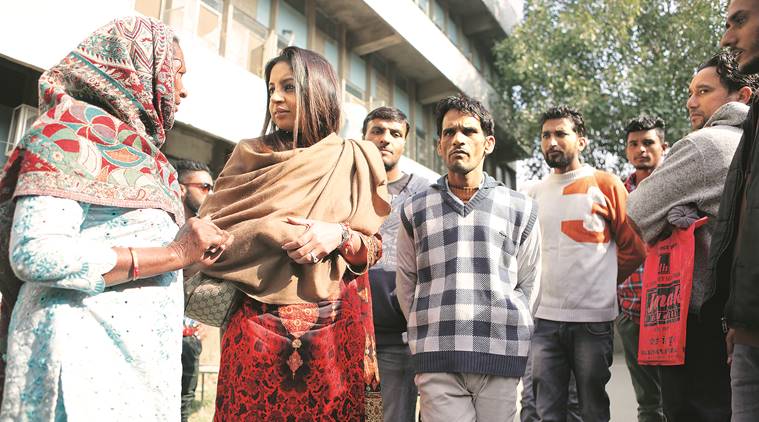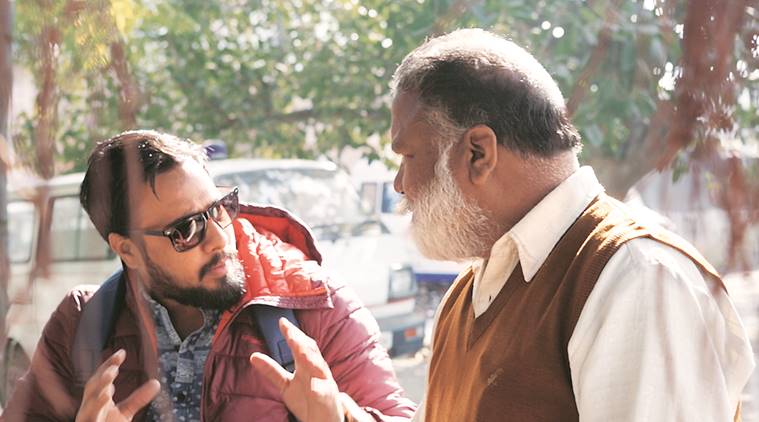 The short film has a series of interviews in which people of various ages share their experiences, either of consuming or opposing substance abuse.
The short film has a series of interviews in which people of various ages share their experiences, either of consuming or opposing substance abuse.
If Udta Punjab is fiction, there’s nothing make-belief about Fading Glory. The short film, which is yet to start the rounds of screenings, explores the subject that makes the Bollywood film so contentious — but turns the camera on drug addicts, their families and the failing fight by activists.
Fading Glory, an initiative by researcher Sadhavi Khosla Dalal and director Chandra Mani, pans out as a series of interviews in which men of various ages share their experiences, either of consuming or opposing. The women mostly feature as survivors, or are raconteurs of painful anecdotes. The interviews lift the film that stays away from conducting its own investigation and frequently lapses into sermons.
Excerpts from an interview with Delhi-based director Chandra Mani, whose firm, Useful Garbage Creations, has also co-produced Fading Glory:
Did you have problems during the filmmaking or later?
We did a lot of guerrilla shooting, leaving our tripods and heavy equipment behind. We pretended to be researching on Punjab, rather than on drugs. I am an advertising filmmaker and this was my first realistic venture. In the beginning, nobody was willing to talk to us because they feared a reprisal. We also found that some addicts have become so professional with media exposure that they’d tell us, ‘Give me Rs 5,000 to speak and show you around my house.’
The film constantly says that drugs are freely available and offered. Did a seller approach you?
One boy, 16-17 years old, asked me, “Paaji, try kitta hai?’ I said I did not even drink and he said, “Ek bar try karkey dekho’. As the film shows, youngsters are initiated into consuming by peers, to get over the frustration of unemployment, to attract women, or by strangers. Drugs are easily available even at medical stores.
Most shots are of people talking out in the open. Why don’t we see their social lives more closely?
Whenever we asked anyone why the government wasn’t taking enough action to stop the drug menace, we received the same answer. ‘The police arrests addicts, not peddlers or suppliers. Even if they are nabbed, the sellers bribe the cops and go free. Whenever we tried to reach an addict’s house, we saw that they were not comfortable. We were left with no choice but to shoot them outside their houses.
 Director Chandra Mani on the sets.
Director Chandra Mani on the sets.
You visited a village called Jagdev Kalan near Amritsar, which has become a cremation ground because of drugs.
We interviewed an old woman who had lost four sons and one grandson to drugs. Another grandson was alive but an addict. She couldn’t walk and two people needed to carry her out of the house. Throughout the shoot, she asked, ‘Beta, humein chhodnein kaun jayega?’ She had no support, nobody to look after her.
The film seems to lay the blame heavily on the Prakash Singh Badal government.
There is a strong nexus among the police, politicians and smugglers. It seems ridiculous that the Badal government denies that a problem exists on such a scale. While shooting in the villages or towns, we are constantly told that some local politician was a supplier.